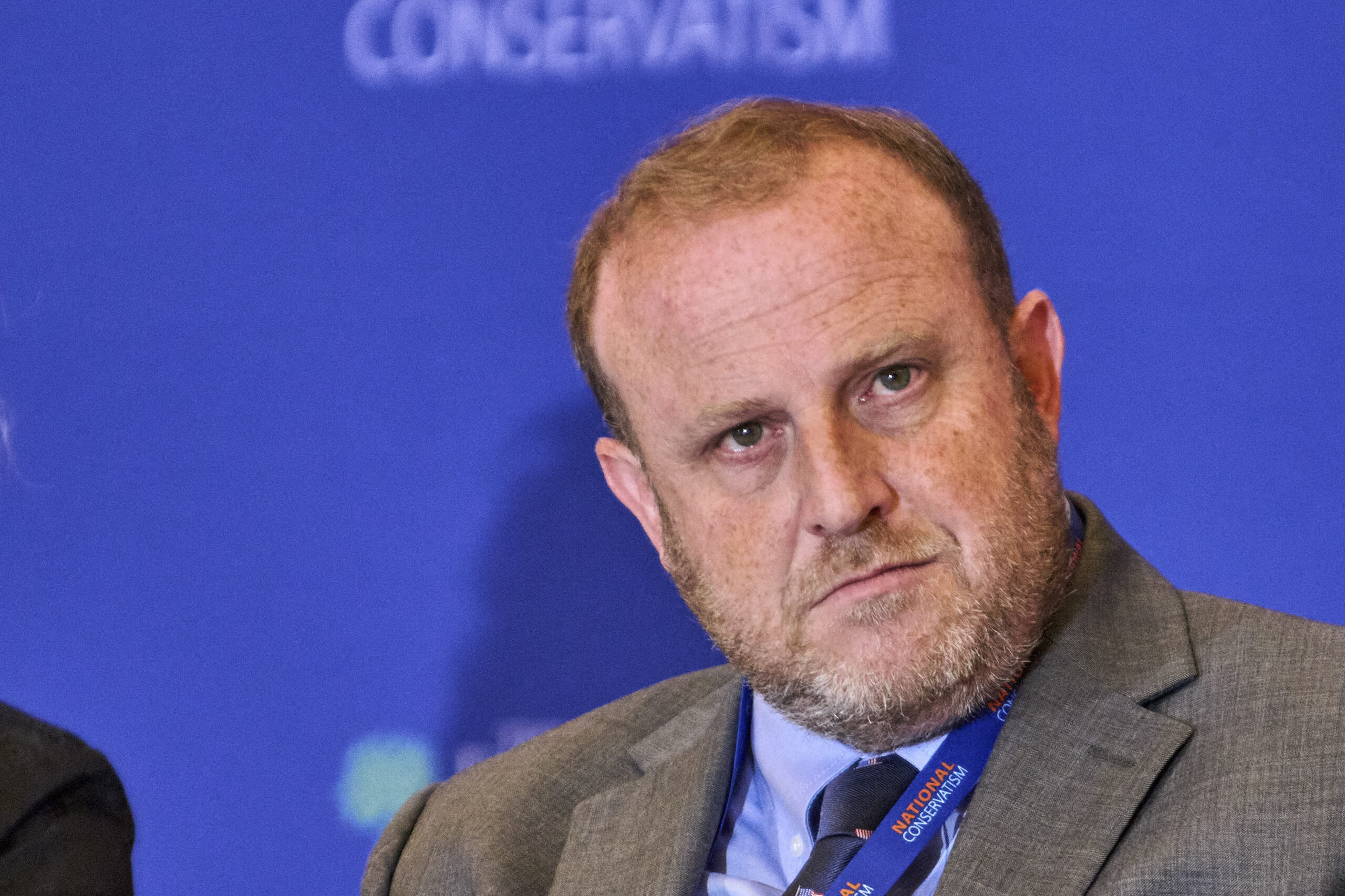The Beginnings of Republican Foreign Policy Reform
Matt Purple looks at changes in foreign policy views on the right in the wake of the Iraq war:
A pessimist might argue that conservatives only softened on foreign policy because domestic issues were hogging the spotlight. An embittered cynic might claim that it was nothing more than instinctive distrust of President Obama. And while both of those were probably factors, there was something more there. Conservatives felt chastened by the failures of the Iraq war and the Bush Doctrine. While arguing with liberals, the right was also wrangling with itself, reexamining its first principles and searching for a way to break with the past.
There have been encouraging signs that many conservatives have responded to the Iraq debacle by revisiting assumptions and rediscovering the importance of restraint and prudence in the conduct of foreign policy, and Purple details some of these in his article. Elected Republican opposition to the Libyan war and proposed strikes on Syria was mostly limited to Republicans in the House along with a few members in the Senate, but even that much opposition would have been hard to imagine a few years earlier. No doubt there have been some politicians on the right that have become skeptical of foreign intervention purely for partisan and opportunistic reasons, and the arguments for intervention in both Libya and Syria almost seemed designed to be as unappealing to most conservatives as possible, but whatever the reasons for it opposition to unnecessary wars is an absolutely necessary first step in repairing the extensive damage of the last decade. In that sense, Libya and Syria were relatively easy tests because U.S. military intervention in either country was so clearly not in the American interest, but especially in the case of Syria most Republicans and conservatives nationwide were on the same side as the vast majority of Americans in rejecting war. The gap between the party’s leaders and its supporters on these issues has become wider than it has been in over a decade, and it is going to be closed only when the party acquires more representative leadership that is less interventionist and less aggressive in its foreign policy views.
It remains to be seen if this new skepticism will extend to the Iran debate. The views of Republicans in Congress on Iran have so far been much less encouraging, and there is hardly any vocal conservative support for diplomacy with Iran. As tired and dangerous as the hawks’ arguments on Iran are, they don’t seem to run into the same opposition that hawks encountered in the Libya and Syria debates. All of the same bad habits that plagued conservatives during the Iraq war debate (e.g., threat inflation, disdain for diplomatic solutions, dismissing predictions of the costs and consequences of military action) have been on display in the debate over Iran, and so far they have not faced enough criticism or challenge from conservatives. A proper reckoning with the folly of the Iraq war requires that conservatives come to see the recklessness and irresponsibility of the very idea of preventive war, and that will be one of the main tasks of any effort at Republican foreign policy reform.
